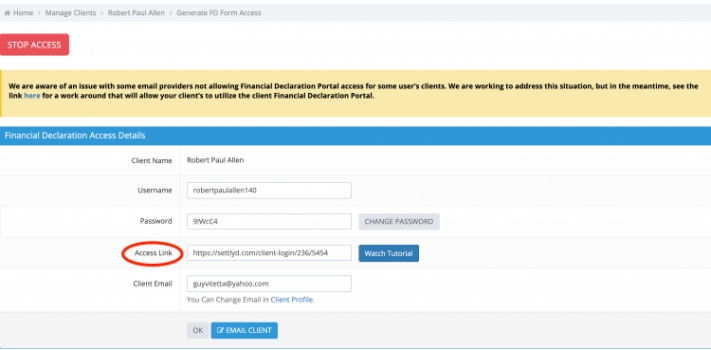
Five Most Common Drawbacks of Legal Accounting

Legal accounting is an extremely important, yet tremendously challenging, responsibility when it comes to running a law firm. Because attorneys are simply not accountants, legal accounting can be tremendously challenging, especially for the smaller firms. Because it fuels a law firm’s income, continued success, and duty to comply, accounting is essential for all law firms.
Because accounting is so significant to a law firm’s success, it is feasible to understand where exactly these firms most commonly dwindle in their practices. Below are the five most common drawbacks of legal accounting for law firms.
1. Client trust funds are pooled into one account.
Because lawyers use retainers to secure cash flow from clients most of the time, they need to keep track of each client's trust funds individually. However, law firms experience complications from this since all of the funds are pooled in one bank trust account.
To ensure that one client’s funds do not get confused with another client’s, law firms can prevent this occurrence by using legal-specific accounting software that prevents:
- Overdrafting the client account book at the transaction level
- Posting transactions to an unsuitable account
- Not complying by neglecting the three-way reconciliation process
2. Treating case costs the same.
All costs incurred from the outset of every case must be correctly accounted for when practicing law. Therefore, it is very important for law firms to comprehend that not all costs can be treated the same.
Depending on the type of case, you may have to treat case costs as either “Advanced Client costs” or “Reimbursable Costs.” While advanced client costs should show up as an asset on the firm’s balance sheet, reimbursable client costs should be recorded on the profit-and-loss statement. Be sure to do this properly and consistently every time since failure to do so can result in IRS agreement issues.
Moreover, any cost incurred by cash, credit, or checks also needs to be properly allotted in the same period of time, or it will not get billed.
3. Separating income and revenue.
Many law firms experience difficulty when it comes to differentiating revenue that covers incurred costs from their actual income. In order to avoid having imprecise numbers in the books, a portion of the revenue must first-be dispensed to incurred costs when paying an invoice. This portion should not be considered income and must be individually documented.
4. Data entry errors when syncing the billing and accounting system.
There are law firms that use two disparate systems for their legal billing and accounting, which means all data must be entered twice and done across both systems. However, failure to accurately sync these two systems of financial data results in bookkeeping issues, billing complications, or ethics violations.
Therefore, firms should use a practice management system that includes both billing and accounting functions in a single set of data. This will avoid any issues and assemble an accurate set of data.
5. Making sense of where the money came from.
Lastly, lawyers really have trouble tracking income because it can be very difficult to understand where the money came from. Especially when the firm does not have accurate data, this can affect the attorney’s ability business decisions, resulting in a depletion in revenue.
Thus, law firms should track their income by case type, which creates new business opportunities as well as valuable business intelligence for each specific case type. Ultimately, this allows the attorney to spend its money more effectively on resources and marketing.
Legal accounting can be a huge, intimidating obstacle for lawyers when managing a law firm; yet, if they avoid these 5 most common drawbacks of legal accounting, they will have the opportunity to successfully perform their financial duty and grow their business.



